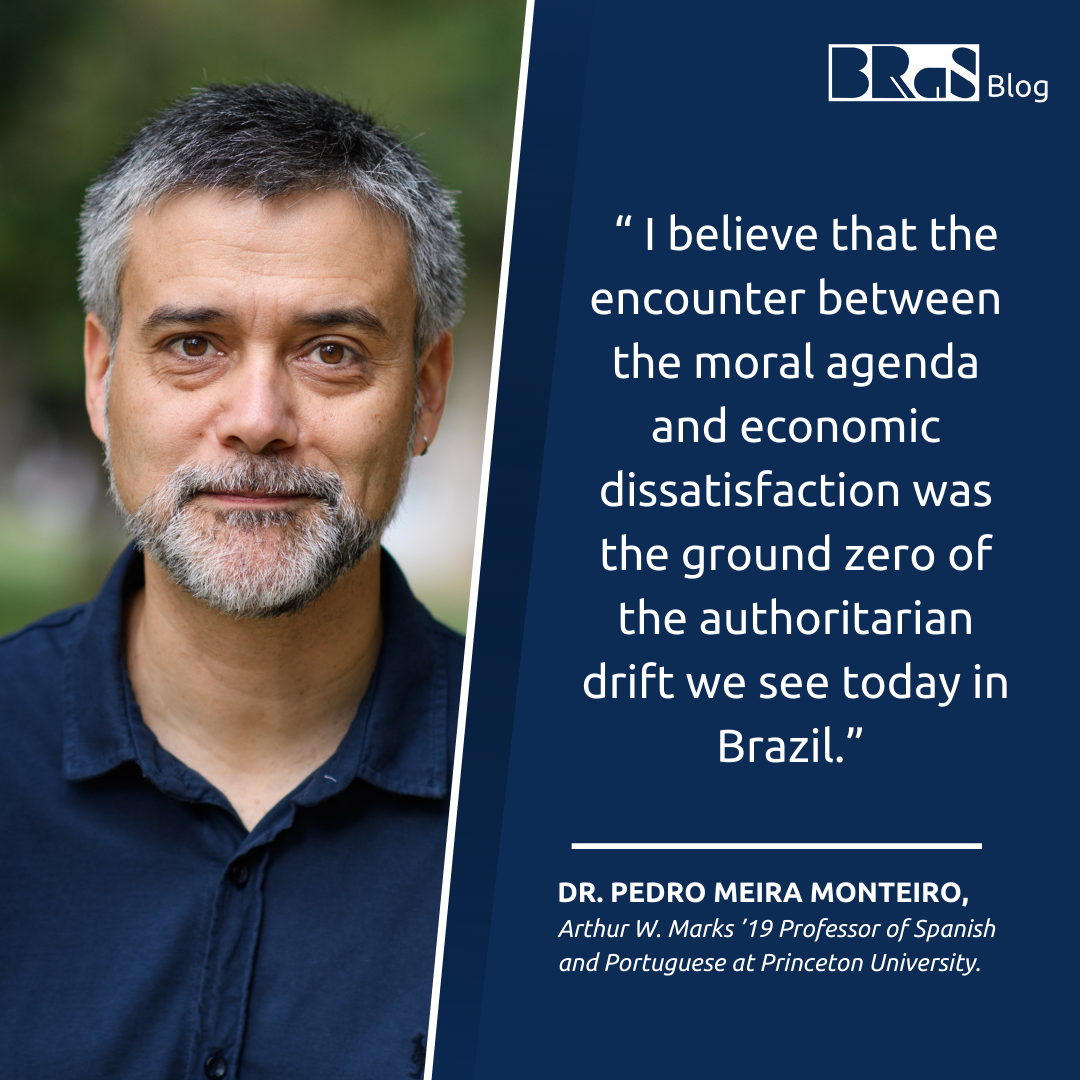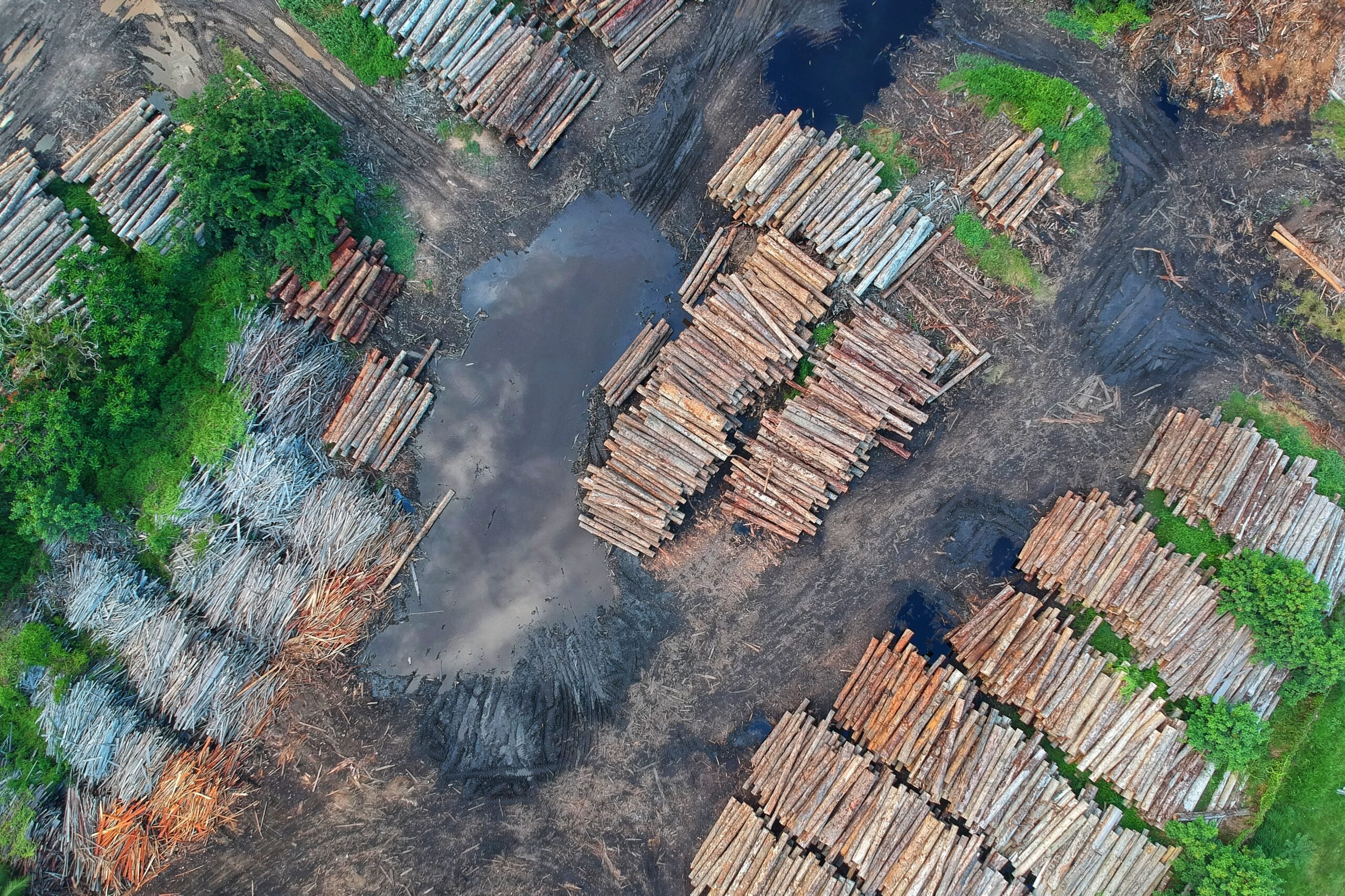by Silvia Helena Flamini, Master’s Degree student in Graduate Program in Science, Technology and Society at the Federal University of São Carlos (PPGCTS UFSCar). Member of “BRaS Research Group Constitucional Studies”. E-mail contact: teia.flamini@gmail.com
Reviewed by Matheus Lucas Hebling
The Federal Constitution of 1988, as a political charter, brings in the unity of its articles guarantees, freedom, and fundamental rights and can also be defined as a guiding roadmap, in all aspects of our life, for social participation and inclusion; socio-political collaboration and integration.
Education, defended by this political charter in articles 205 and 206 in Chapter III, is a fundamental right to be promoted/encouraged by society as a guarantee of the full development of the human person, in a continuous and permanent process that is based on freedom in learning, in teaching and the construction of knowledge linked to the pluralism of pedagogical ideas and views.
It is worth emphasizing the importance of such pedagogical views being aligned with practices that bring in their reflection a complex and problematic reading of our reality, reconciles the dialogue, and the possibility of (trans) training action.
In the words of Paulo Freire (1983, p. 52) “what is intended with dialogue (whether around scientific and technical knowledge, or“ experiential ”knowledge) is the problematization of knowledge itself in its indisputable relationship with the concrete reality in which it is generated and on which it is focused, to better understand it, explain it, transform it. ” That is, it is to offer conditions for collective manifestation, participation, and decision-making actresses and actors, from different social segments, being protagonists in the positive change of their surroundings.
Thus, the individual must appropriate a knowledge to be produced as a synonym for autonomy, awareness (of oneself, of the other, and their reality), social empowerment, and emancipation.
In this sense, bringing such notes to the academic-scientific scope, we highlight the role of our public universities that, in line with article 207, obey the principle of inseparability between teaching, research, and extension.
Corresponding to the last of these institutional pillars, the extension projects are configured as links between Brazilian academy and society, in a dialogical interaction also legally provided for in Resolution No. 7 of 2018, of the Ministry of Education.
Among the guidelines for University Extension are interdisciplinarity, critical student training, and the promotion of changes in the institution itself and the social sectors, based on public policies. In short: it is a cultural and scientific-technological process that strengthens (or should strengthen) the generation and exchange of knowledge as well as the awareness, knowledge, and appropriation of our fundamental rights.
However, to achieve this objective, it is essential to bring extension activities closer to their extra-academic context, that is, to bring questions from social groups together with practices to redirect it to what is socially and politically relevant. According to Renato Dagnino, researcher and professor at the State University of Campinas, it is to collectively build knowledge based on local problems and focused on the formation of public policies and impregnated by the values/interests of these groups, especially those historically marginalized.
In general lines, we can have in the university extension the (re)design of Brazilian society in the molds of its Constitution: a more egalitarian, just, solidary country that has Education as a right of any citizen and a political-pedagogical action that awakens the consciousness, emancipates and (trans)form. Furthermore, it is also an opportunity for the public university itself to question (and raise its consciousness) about the type of knowledge it produces and disseminates.
And, in this way, the public university must be engaged in the participative construction of knowledge and its democratic access, as well as a scientific-technological practice, as propositions that encourage conduct, values , and our full experience under the protection of all other fundamental rights provided for by the FC 88.
For an education that emancipates, empowers and (trans)form.
REFERENCES
BRASIL. Ministério da Educação (MEC). Resolução nº 7, de 18 de dezembro de 2018. Estabelece as Diretrizes para a Extensão na Educação Superior Brasileira e regimenta o disposto na Meta 12.7 da Lei nº 13.005/2014, que aprova o Plano Nacional de Educação -PNE 2014-2024 e dá outras providências. Disponível em: http://portal.mec.gov.br/index.php?option=com_docman&view=download&alias=104251-rces007-18&category_slug=dezembro-2018-pdf&Itemid=30192. Acesso em: 11/01/2021.
DAGNINO, R. Uma estória sobre Ciência e tecnologia, ou começando pela extensão universitária…In: Dagnino, R. (org). Estudos Sociais da Ciência e Tecnologia & Política de Ciência e Tecnologia: alternativas para uma nova América Latina. Campina Grande: eduepb, 2010. p. 281-311
FREIRE, P. Extensão ou Comunicação? 7 ed. Rio de Janeiro: Paz e Terra, 1983. p 39-62.
Flamini, Silvia Helena. 2021. "What does the Constitution, Paulo Freire and university extension have in common?". Brazilian Research and Studies Blog. ISSN 2701-4924. Vol. 2 Num. 1. Available at: https://www.bras-center.com/what-does-the-constitution-paulo-freire-and-university-extension-have-in-common/, accessed on: December 24, 2025.






